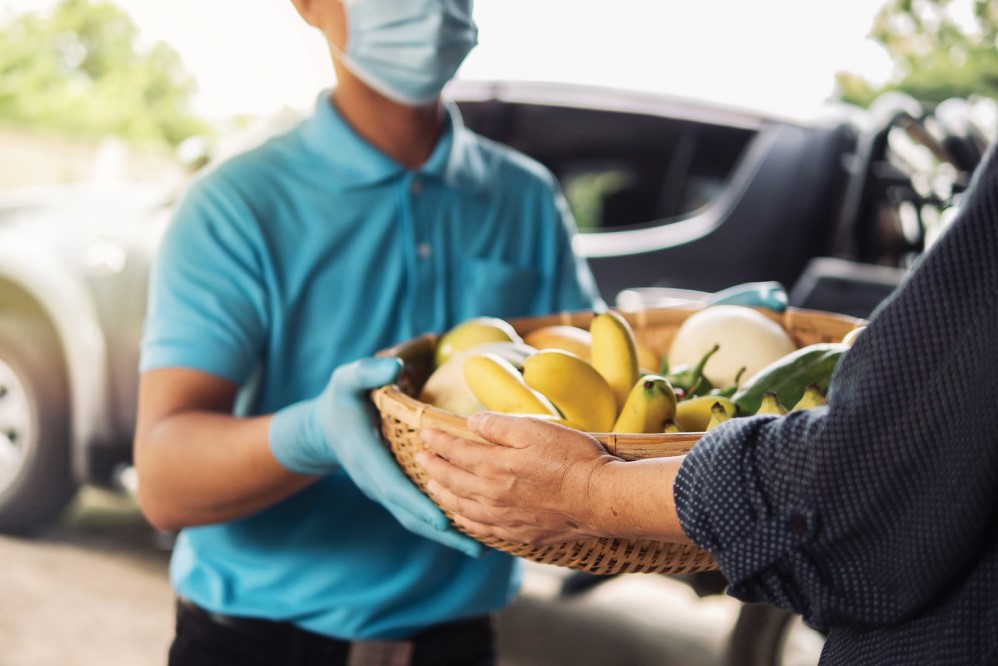
Well, 2020 is finally in our rearview mirror. One year ago, in January, no one anticipated the way that life would change for all of us just a few short weeks later. When the pandemic arrived on our shores, it took an already divided nation to a new level of anxiety, loneliness, and fear. COVID-19 hit us all and hit us hard. Our social lives changed, the way we live and work was altered, and things that we took for granted were all of a sudden no longer part of the landscape of our lives. Our public servants felt this change more than most as they focused on delivering critical services to communities around the nation.
As we all worked to refashion our lives amid what many considered to be the new normal, we had to do so using tools that were, shall we say, less than personal. Microsoft Teams, Zoom, and Facetime fall woefully short in bringing us together. Yes, they serve a purpose to be sure, and for a time they were all we had. And while they remain important tools for us to use in these challenging times, they fail to fill the void of real human contact. Despite their presence, and our attempts to use them as substitutes, we all felt a little more lonely, a little more stressed, and a little more isolated as the year wore on.
And then kindness took over.
I wrote on this very subject just a few years ago, appealing to all of us to come together as human beings and acknowledge the need to move our compass toward a heading of kindness. It read in part:
It’s not always easy for kindness and gratitude to make themselves known in today’s world. Combine our omnipresent, hyperactive environment with a 24-hour news cycle, divisive discourse across our nation, and no time for reflection, and it’s no wonder we snap at one another. Life is hard. Research has even suggested we may possess an intrinsic bias toward negativity. This has been helpful from an evolutionary standpoint. We make decisions that allow us to survive and succeed. But kindness, vulnerability, compassion, and empathy struggle to make the grade in a pressure-cooker world.
Author, poet, and civil rights activist Maya Angelou once said, “The desire to reach the stars is ambitious. The desire to reach hearts is wise and most possible.” We have a human imperative for kindness, touching others’ hearts, and craving belonging. I simply don’t know how to say it better.
We’ve made it through 2020, and maybe we evolved as a kinder nation, one that witnessed the devastating impact of the last year (it feels good to say last year!), and truly realized the importance of compassion and gratitude. As odd as it sounds, we seem closer and more caring, despite our continued dependence on virtual platforms.
And keep this in mind. One of the really amazing things about kindness is it builds on itself. Kindness begets kindness. Isn’t that cool? When we observe a kind act at work or at the grocery store, we are more likely to perform a kind act based solely on the fact that we witnessed one. Research has shown us that when we perform a kind act for others, it becomes addictive. We want to do it again. And if we do a kind act for 21 consecutive days, it actually rewires the brain to default to kindness. What a nice New Year’s resolution, a default to kindness! Let’s make 2021 kinder than ever.

New, Reduced Membership Dues
A new, reduced dues rate is available for CAOs/ACAOs, along with additional discounts for those in smaller communities, has been implemented. Learn more and be sure to join or renew today!
